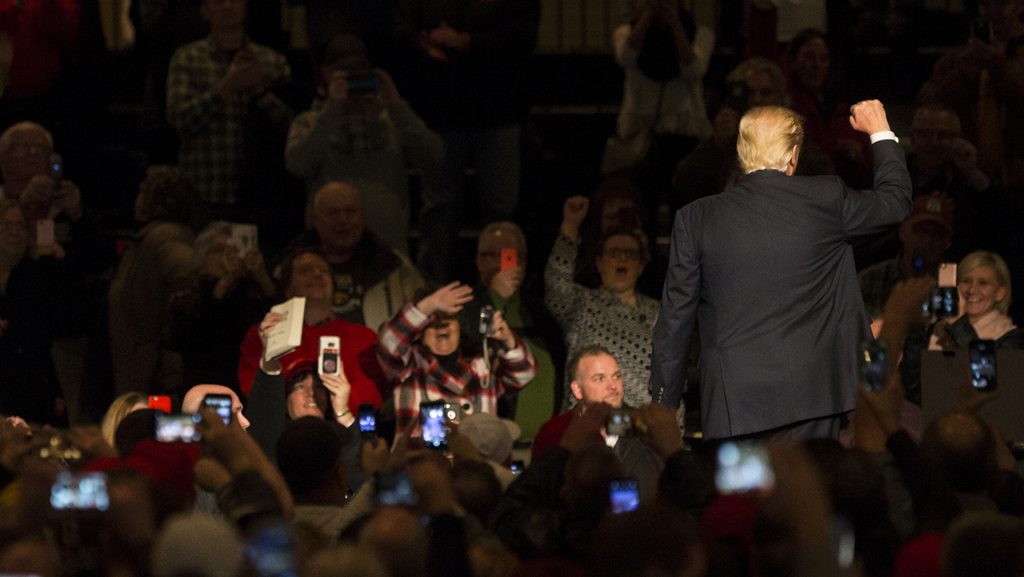Human trafficking is more prevalent now than ever, and with millions rallying around the movement for freeing those in bondage, ending this evil is inevitable.
Taylor Newby
There are currently 20.9 million men, women, and children trapped in the crippling confines of modern day slavery — human trafficking, the buying and selling of human beings into labor trafficking, sex-trade, and even child military. This is happening all across the globe as well as in our own state.
Women in eastern Sudan are stolen from their homes, from the roads they walk on each morning before dawn to collect water from wells miles and miles from where they live, or are kidnapped as they gather in fields to harvest crops.
Men in Algeria are offered jobs and presented with false promises. They are told they will receive wages that will pull their families and themselves from famine, only to be met by traffickers whose only intention is to kidnap them and force them into labor trafficking. These men are shoved onto hard soil beneath a blazing sun, forced into taxing toil, and tending to the earth they are deemed no greater than.
RELATED: Hotel staff train against trafficking
And children in India, Bolivia, Nepal, and countless other countries are left outside during the hottest, most suffocating hours of the day, making brick with bleeding hands.
Human trafficking manifests in countless different forms, corrupting country after country. And something needs to be done. Not only for the hundreds of countries crowding the globe but also for America, where human trafficking is more prevalent than ever. According to Polaris, Des Moines ranks among the top 100 cities in the United States for human trafficking — most prominently for sex trafficking and labor trafficking.
RELATED: Shanahan: Human trafficking more local than people think
In Des Moines, where Interstate-80 and Interstate-35 intersect, traffickers can transport the people they are buying and selling to anywhere across America. Through these two interstates, a person can go anywhere from the East to the West Coast and any place from the northern to the southern border. Iowa is crowded with human traffickers, making profit on the bodies they are selling and trading. In this last year, according to DoSomething.org, roughly $32 billion was made in the United States. In total, according to the A21 Campaign, human traffickers made slightly more than $150 billion from all across the globe.
These statistics are overwhelming but can be minimized. Last month, in the fiscal 2019 budget, President Donald Trump proposed to decrease the foreign aid and investment funding 30 percent — not only removing all funding from early childhood-developmental programs scattered across the globe but also removing funding from crucial global and local anti-human trafficking initiatives. These anti-human trafficking organizations are dedicated to seeking and rescuing millions of those who have been taken, trapped, exploited, and enslaved.
RELATED: Iowa human-trafficking laws better, need work
In order for the funds to remain in place, both statewide and worldwide, Americans need to raise their voice and empower this initiative — to set aside crucial funding for the nonprofit organizations. One phone call to a senator or representative can change the course of modern day slavery today.
“When a lot of people do a little, it adds up and makes a difference,” said Christine Caine, the founder of an anti-human trafficking nonprofit organization.



